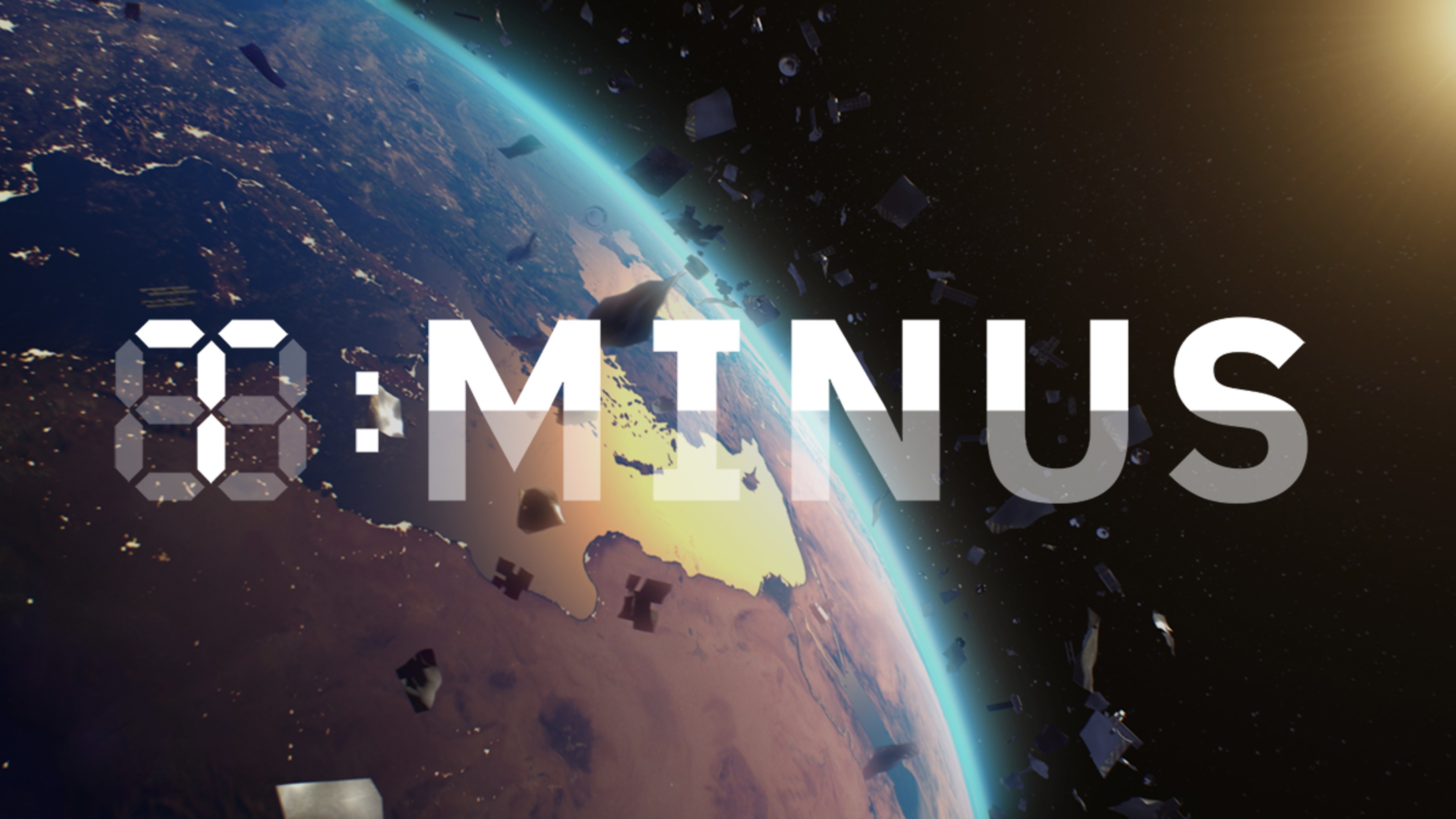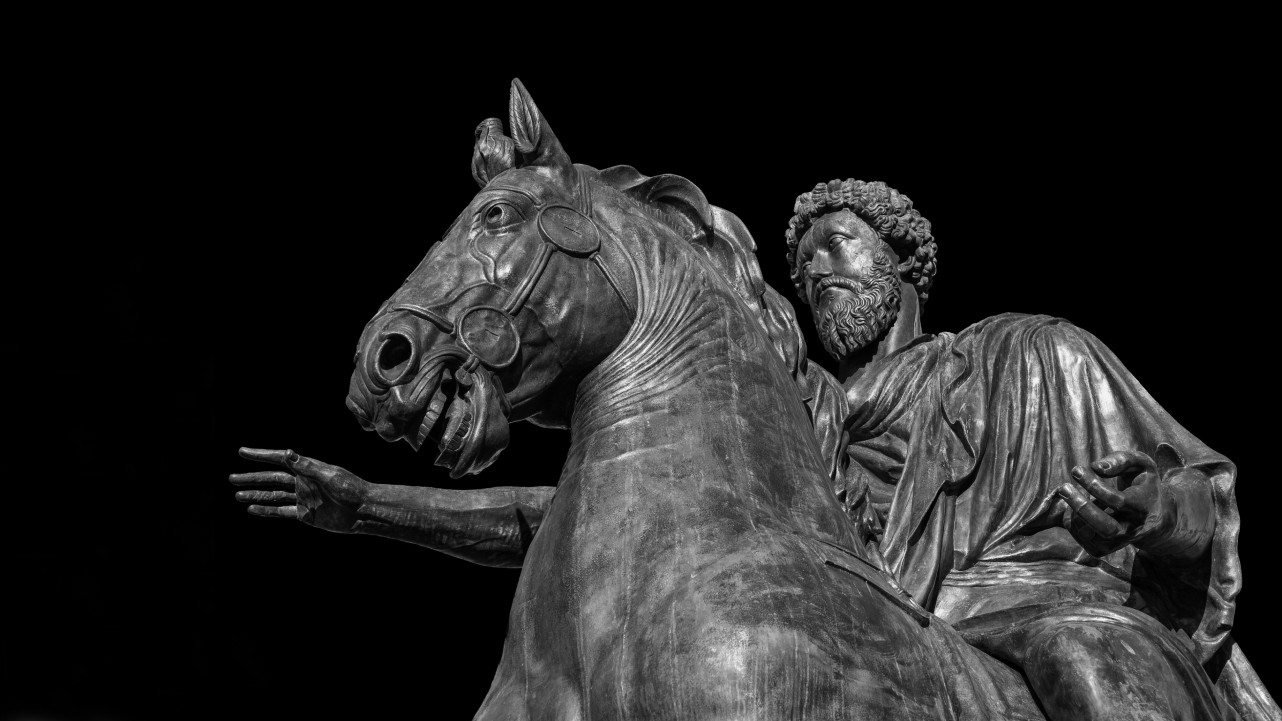We all think we are right, and so does everybody else.
Jonathan Haidt: My next book, the working title is, “The Righteous Mind: Why Good People are Divided by Politics and Religion.”
The book starts by showing readers, look, here’s what morality is. It’s not what you think. It’s not about increasing justice and reducing harm. That’s what liberals believe. That’s liberal morality.
But there’s this vast world of morality out there that you may have seen from the bus window or in reading ethnography, the stories of other cultures. For most people, morality is about binding groups together to collectively pursue noble ends. Often those are tribal or groupish [sic] ends.
Only once you understand morality as being more of a team sport than an individual game, can you see why we need it, why we are so divided, why we are so self-righteous, why it’s so hard for us to live together in peace.
My main goal in the book is to help liberals understand conservative morality and religious morality. I don’t want to convert anyone, but I want people to drop their self-righteousness, realize there are good ideas on both sides, realize that we are all partially blind. We all have only a small view of the truth.
Basically my goal in the book is to make people more morally humble, to make people realize that we all think we’re right and so does everyone else. And you know what? They are right, and we’re right. And until you recognize that, you’re in danger of becoming an extremist certain that you’re right, and blind to the truth.
Recorded on: May 9, 2008






